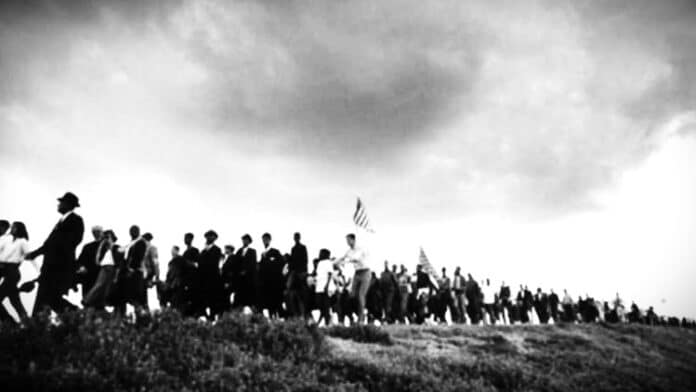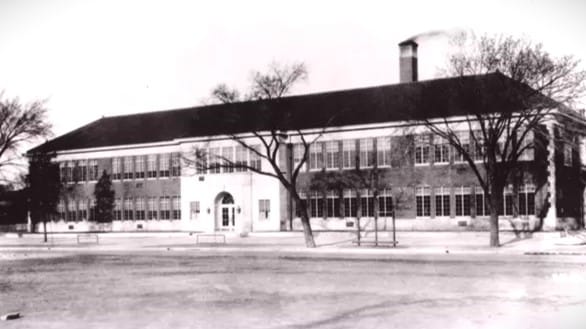
Every February, we find ourselves in a familiar discussion: Black History Month. For some, it’s a time of celebration and remembrance; for others, it’s an obligatory nod to the past, tucked neatly into the shortest month of the year. But for me, a middle-aged white man raising children in America, Black History Month is not just an acknowledgment of African American contributions—it is American history. It is all of us, and that’s exactly why we should engage with it, teach it, and celebrate it together.
The story of America is incomplete without the triumphs and tragedies of Black history. It is woven into the fabric of our nation, from the horrors of slavery and Jim Crow to the brilliance of the Harlem Renaissance, the resilience of the Civil Rights Movement, and the excellence of Black leaders, thinkers, artists, and everyday citizens who have shaped this country. To pretend otherwise is to erase essential chapters of the American story.

Yet, too often, Black History Month is framed as something separate—something for African Americans alone to commemorate. I reject that notion. My children, just as much as any child, should know about Frederick Douglass and Harriet Tubman, about Dr. King and Malcolm X, about Shirley Chisholm, Madam C.J. Walker, and Katherine Johnson. They should know about the Tulsa Massacre and the Montgomery Bus Boycott, but also about the incredible cultural contributions of jazz, hip-hop, literature, and art that have influenced the entire world.
These are not Black stories. These are all of our stories.
If we only engage with history that reflects our own background, we miss the broader, richer narrative of our shared past. Black history is not an elective course; it is required reading for anyone who wants to understand how America became what it is today. Recognizing this truth doesn’t mean diminishing other histories—it means expanding our collective understanding.
Of course, engaging with Black history also means confronting uncomfortable truths. It requires acknowledging the injustices that built much of this country and the systemic barriers that still persist. But discomfort is not a reason to turn away; it is a reason to lean in. If we do not face history honestly, we risk repeating its mistakes.

And yet, Black history is not just a ledger of suffering—it is a celebration of resilience, creativity, and brilliance. It is a testament to the power of perseverance and the enduring fight for justice and equality. It is an invitation to recognize that the struggle for civil rights is not just about Black America but about fulfilling the very ideals upon which this country was founded.
For my children and for myself, Black History Month is not just an opportunity—it is an obligation. It is a time to reflect, to learn, and to honor the countless contributions of Black Americans. But more than that, it is a reminder that history is not just something we observe—it is something we carry forward.
Black history is American history. And American history is all of ours to cherish, to learn from, and to build upon—together.
Related Stories:
- Dr. Martin Luther King Jr.’s enduring impact on civil rights and his vision for an America united by justice and equality. [Read more here]
- The legacy of Brown v. Board of Education and how it reshaped the fight for educational equality in America. [Explore the story]




